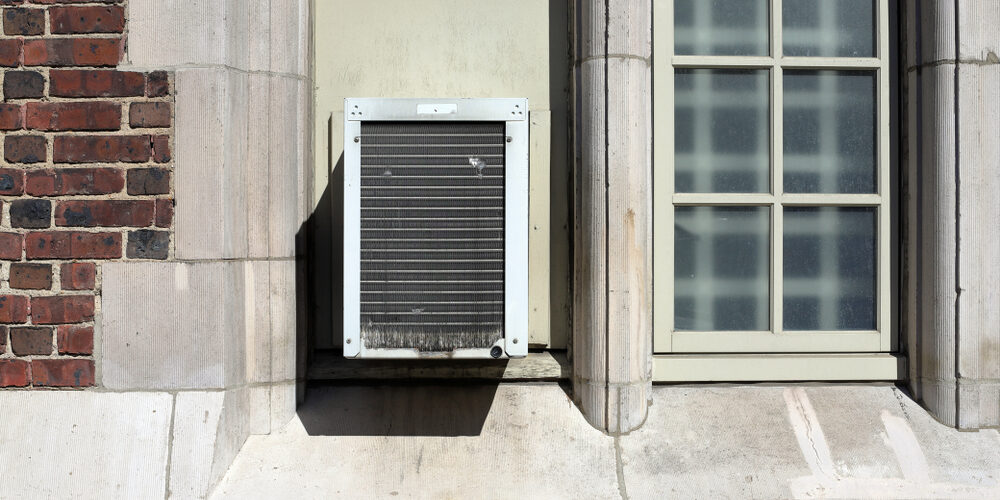Yes, window film can help improve the efficiency of air conditioning (AC) systems by reducing heat gain through windows. By blocking solar heat and UV radiation, window film can help keep interior spaces cooler, thus reducing the workload on AC units and improving energy efficiency.
Here’s how window film can help with AC…
- Heat Rejection – Window film is designed to block a significant portion of solar heat, preventing it from entering the building through windows. This reduces the amount of heat that needs to be removed by the AC system to maintain comfortable indoor temperatures.
- UV Protection – Many window films also provide UV protection, blocking harmful ultraviolet radiation from entering the building. UV rays can contribute to heat gain and cause fading and damage to interior furnishings, so blocking them can help reduce the need for cooling and protect interior surfaces.
- Glare Reduction – Window film can reduce glare from sunlight, which can improve comfort and visibility indoors. By reducing glare, occupants may be less inclined to use blinds or curtains to block sunlight, allowing natural light to enter the space without increasing heat gain.
- Energy Savings – By reducing heat gain through windows, window film can help lower cooling costs and improve overall energy efficiency. This can lead to significant savings on utility bills over time, making window film a cost-effective investment for improving indoor comfort and reducing energy consumption.
It’s important to choose the right type of window film for your specific needs and climate conditions. Consulting with a professional tint installer can help you select the most suitable film for improving AC efficiency and maximizing comfort and energy savings in your home or building. Proper installation by a skilled professional is essential to ensure optimal performance and longevity of the window film.






